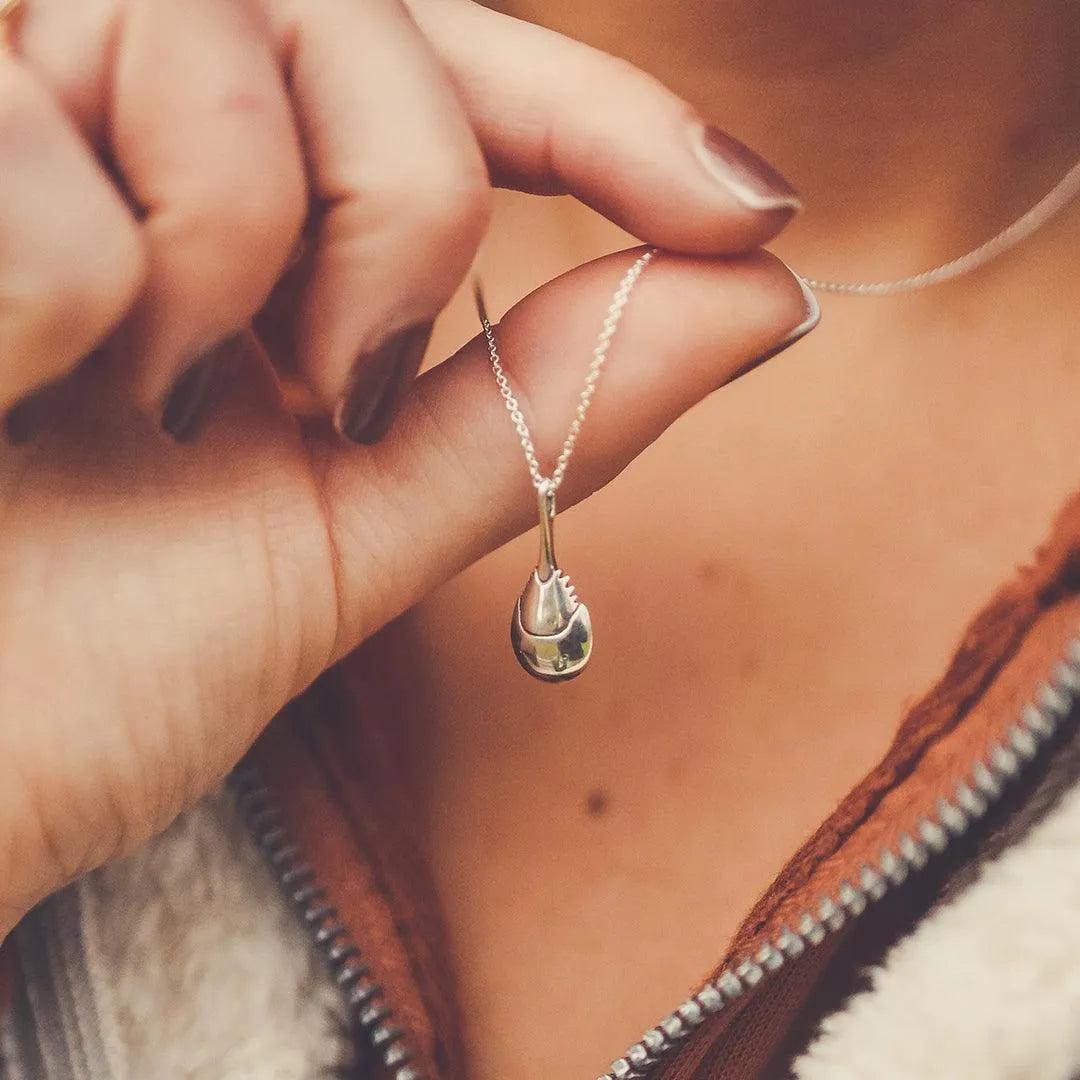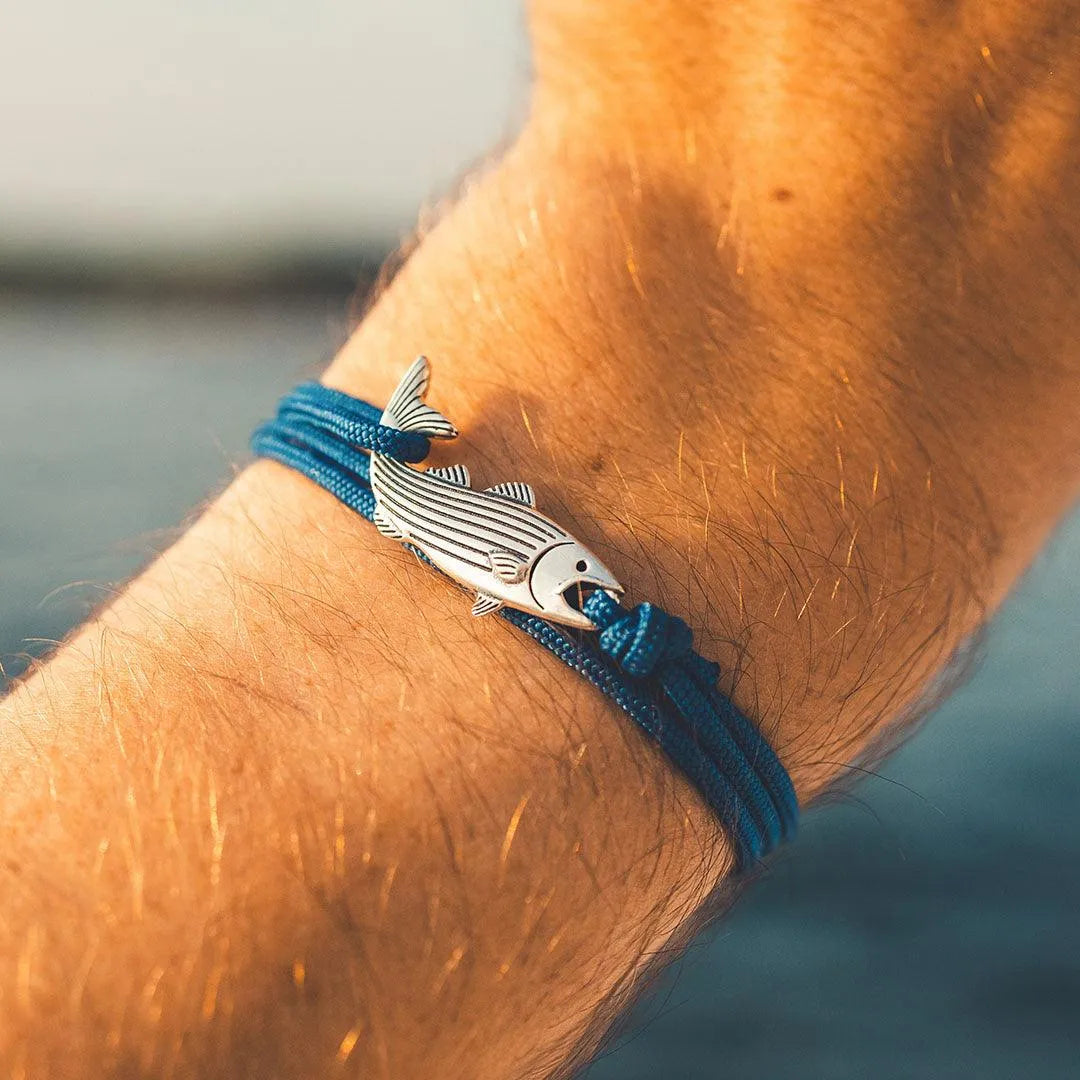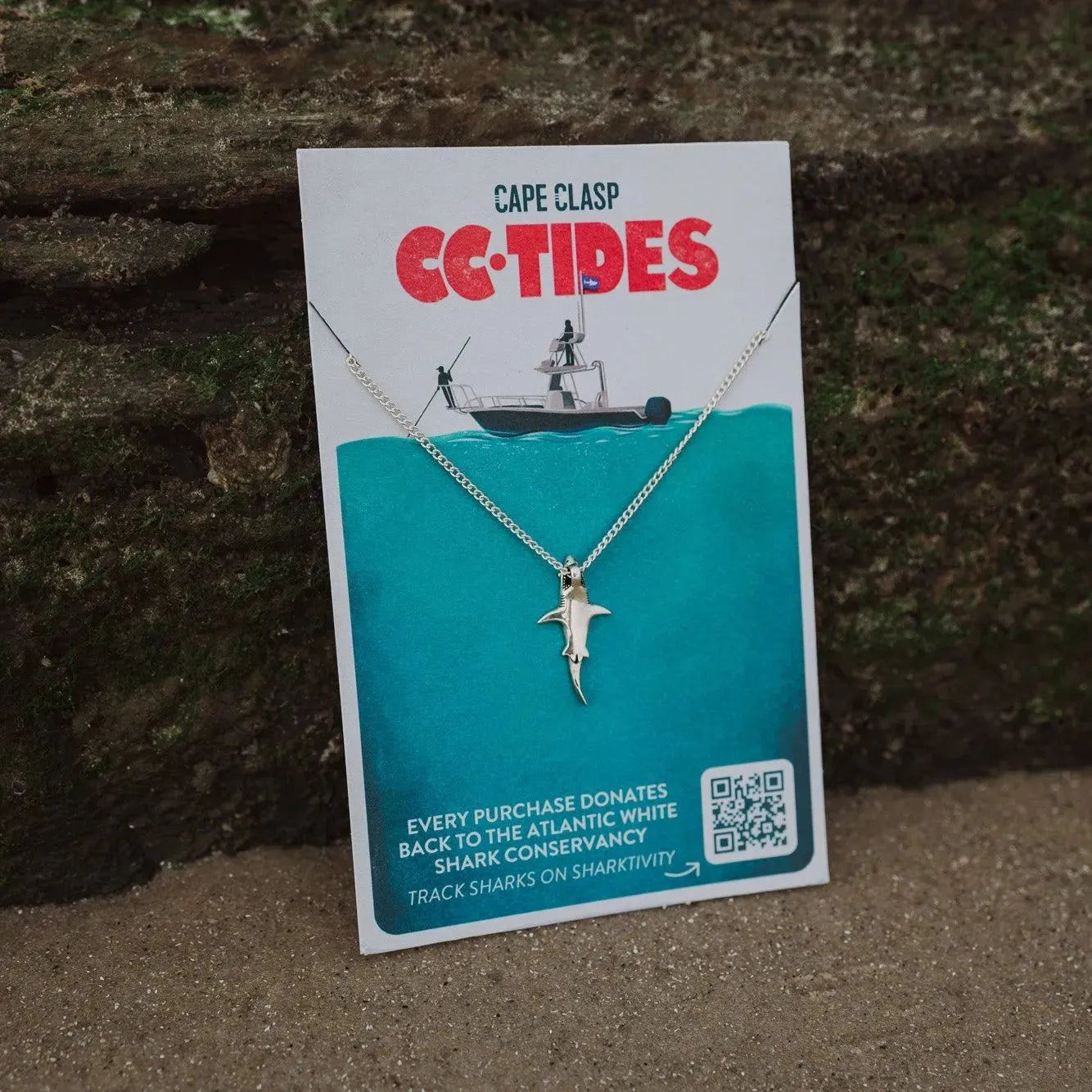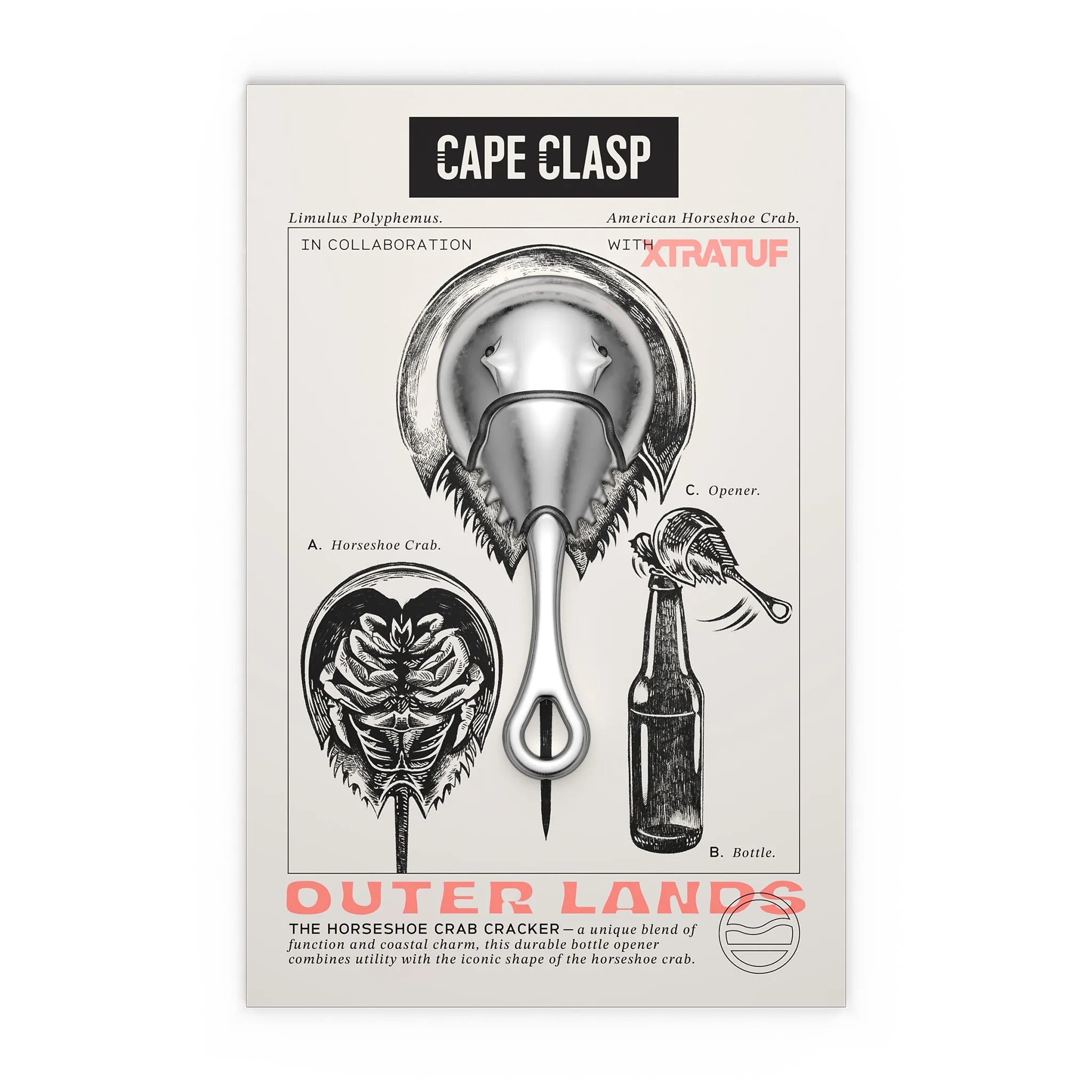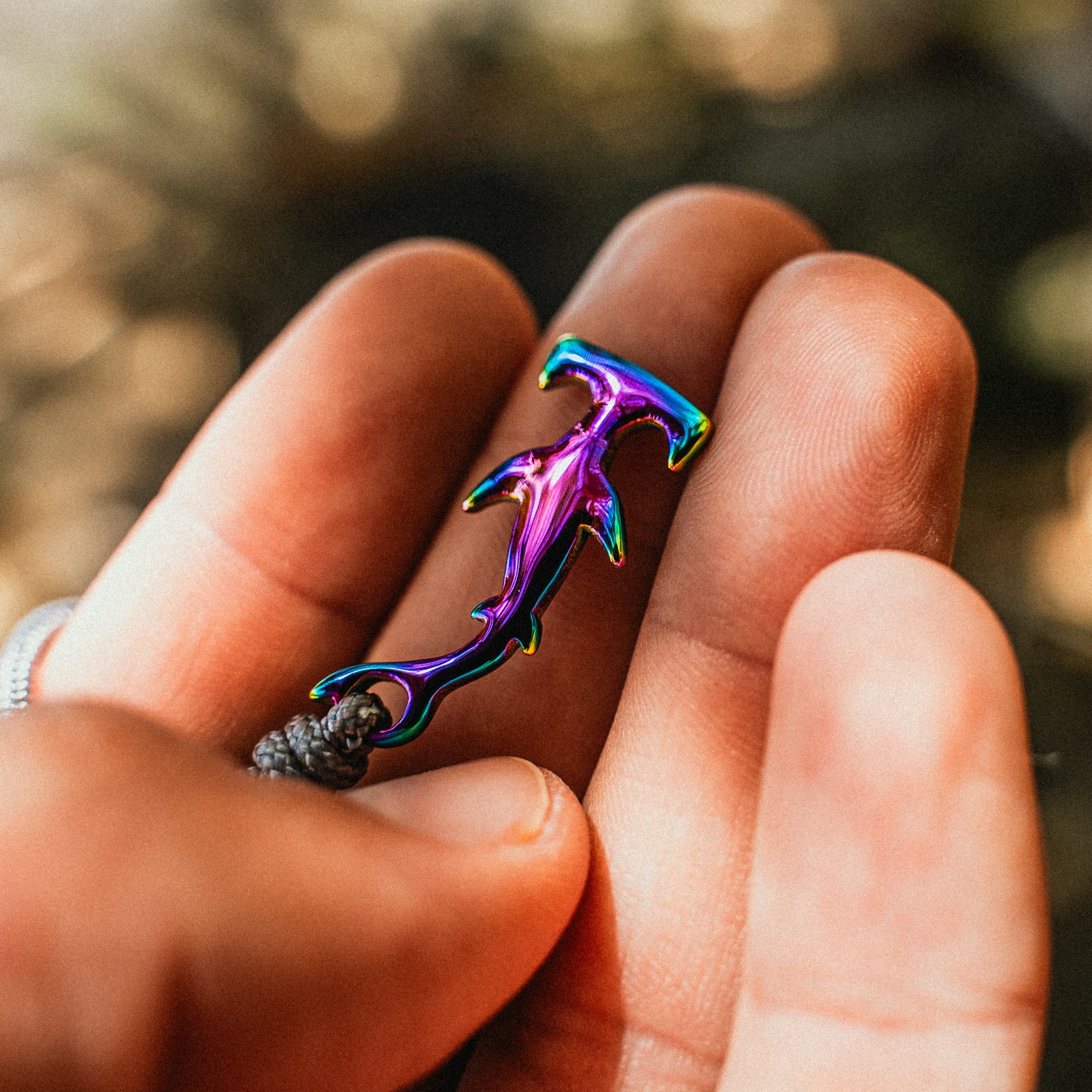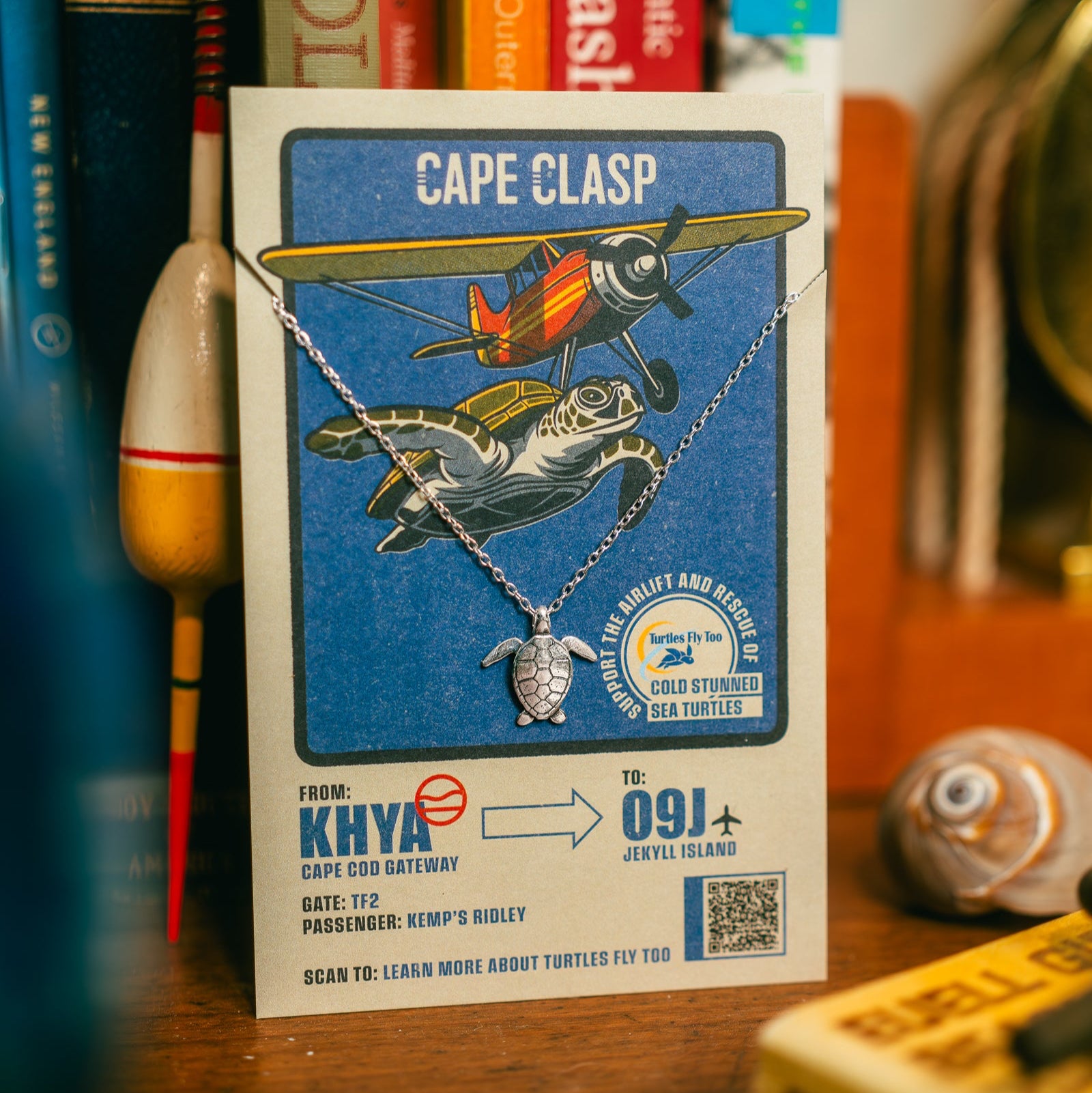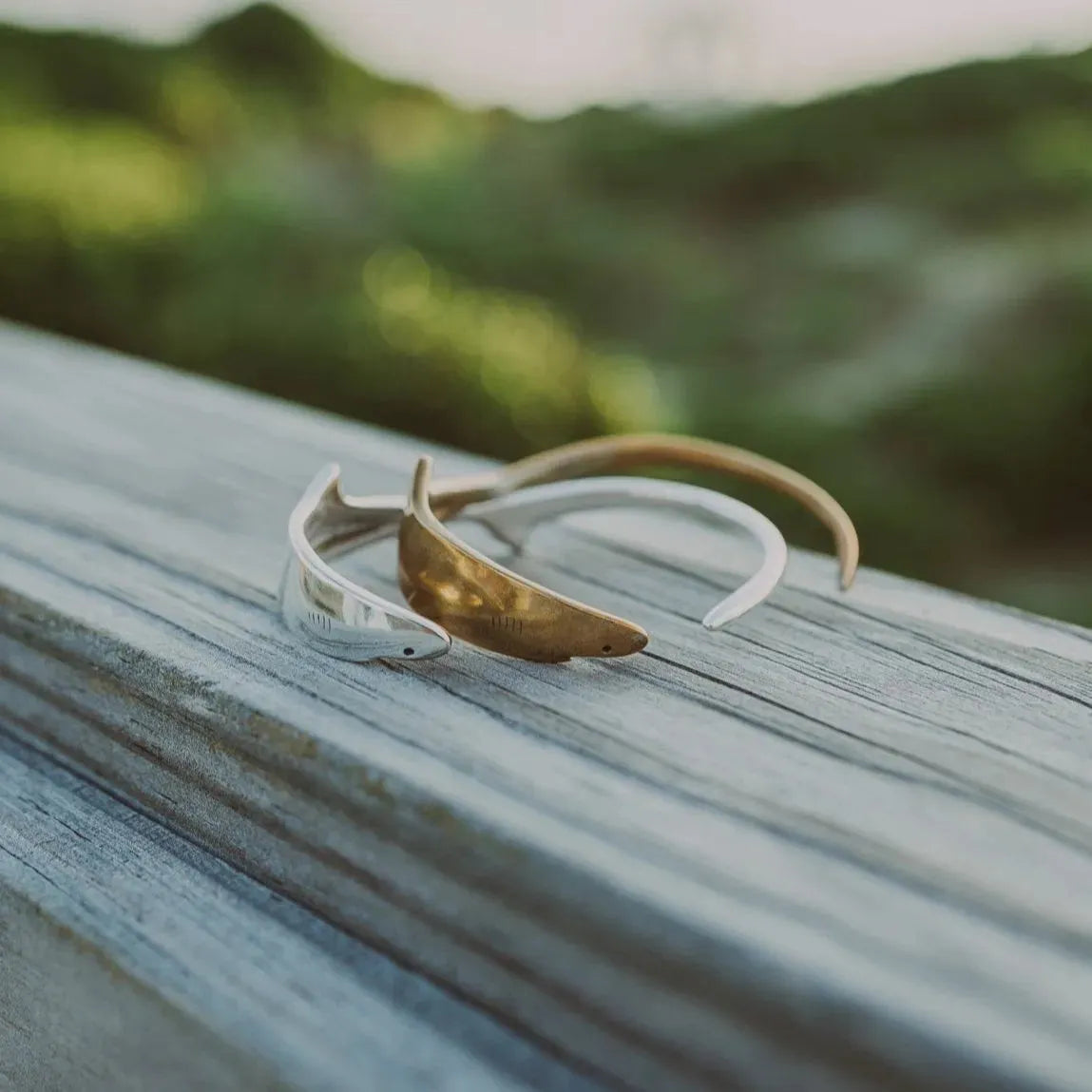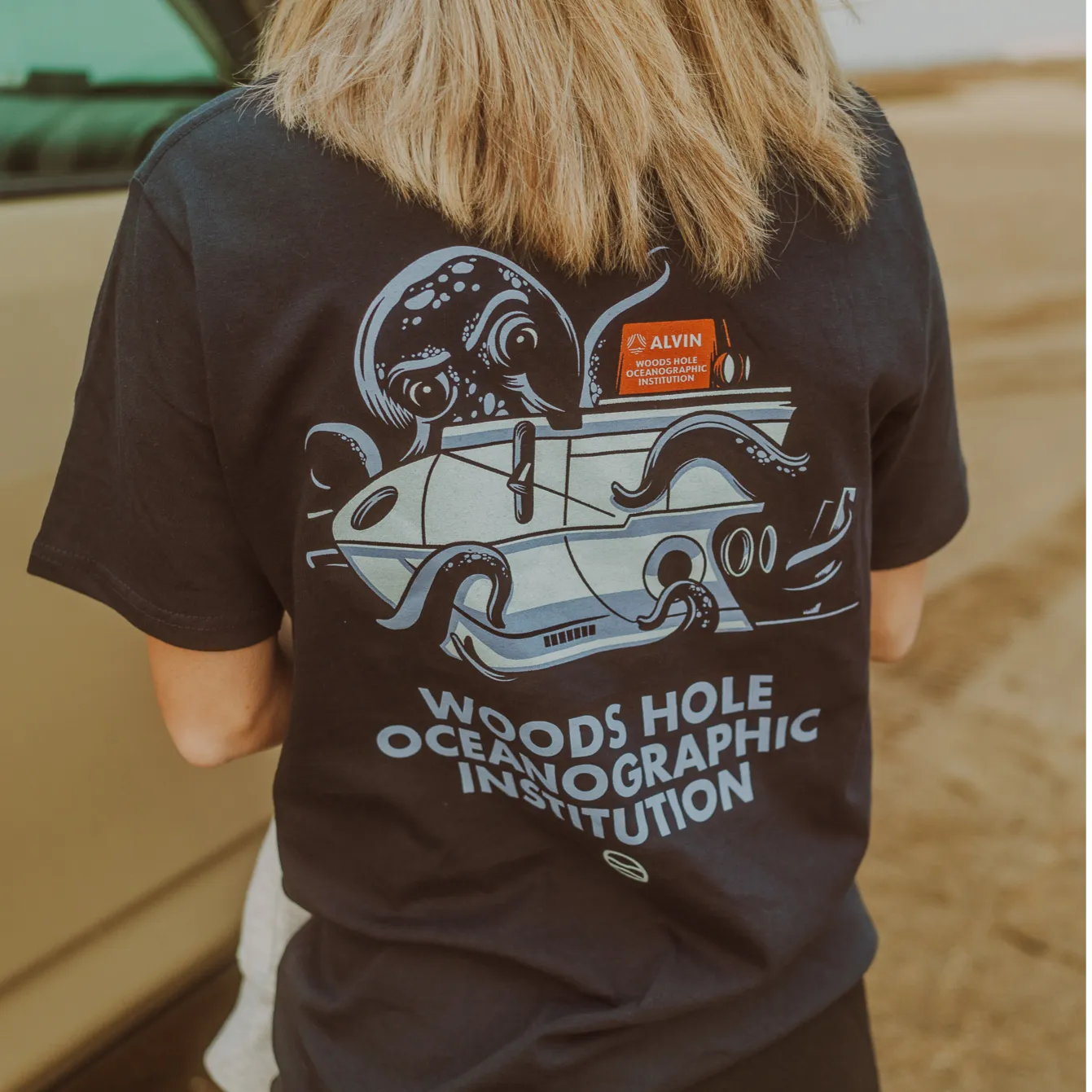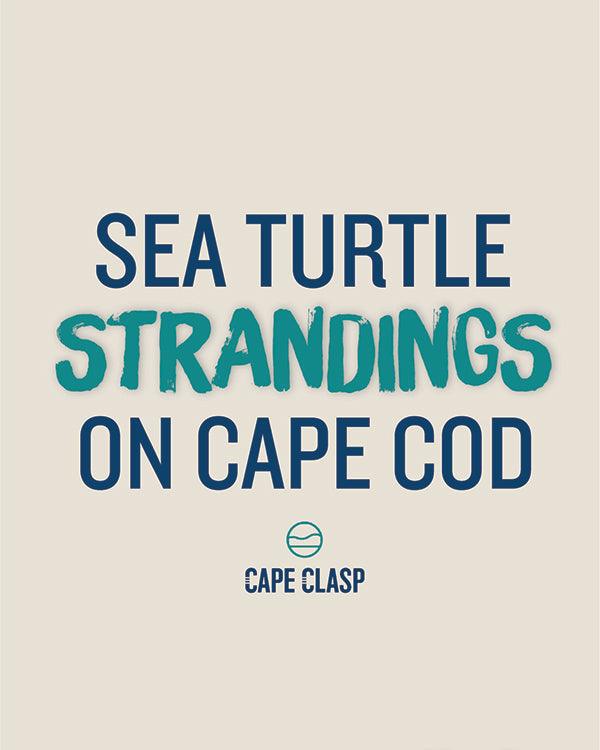
Why Are More Sea Turtles are Getting Stranded on Cape Cod?
Every year in late fall, sea turtles wind up becoming stranded on the shores along Cape Cod Bay. As the temperatures suddenly drop in late October and early November, some of the Cape’s sea turtles get stuck in the hooked shape of Bay and are unable to find their way out to begin their trek south for the winter.

But this year, things were even worse than usual. A total of 829 turtles were found on the Cape making it one of the worst years yet. In fact, that’s almost twice the amount found in 2016 and 10 times the amount found back in 2008.
What’s causing this sudden increase in stranded sea turtles? Experts believe that climate change is playing a crucial role.
As the oceans warm from a changing climate, more sea turtles are expected to strand every winter. The warmer water temperatures will keep the turtles up in northern waters later into the fall, boosting the likelihood that they will become cold-stunned from sudden the drops in temperature as they attempt to exit Cape Cod Bay.

A recent study showed a correlation between warmer water temperatures in the Gulf of Maine in the late fall and the number of young Kemp’s ridley sea turtles stranded in that year. Turtles in this region are particularly vulnerable as the Gulf of Maine is warming 99 percent faster than the rest of the world’s oceans. If the trend continues, the researchers predict more than 2,300 sea turtles will become stranded in Cape Cod Bay by 2031.

If you come across a stranded sea turtle on Cape Cod, carefully move the animal above the high tide line (past the point where the high tide reaches) and cover it with seaweed to keep it protected from the wind. Use an easy-to-spot object, such as driftwood or a buoy, to mark the turtle’s location and call Mass Audubon at 508-349-2615 x6104 so they can come rescue it.

Protecting sea turtles is just one more reason to reduce our carbon footprint. Making changes like installing energy efficient appliances, choosing sustainable transport, like walking, biking, or public transportation, eating less meat, and shopping from planet-friendly brands can reduce the amount of fossil fuel emissions heading into our atmosphere.
The Turtle Clasp is back and better than ever! Check out our upgraded Turtle Clasp on our new line of cord colors. 15% of profits are donated to support Mass Audubon’s sea turtle rescue program that saves stranded sea turtles on Cape Cod beaches.
